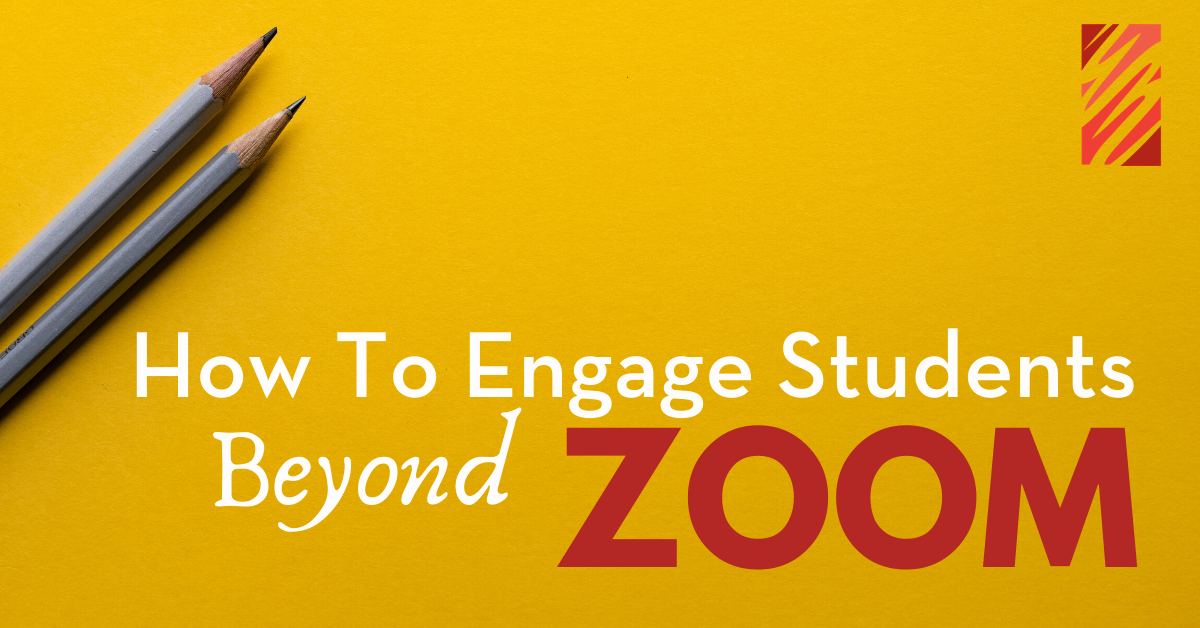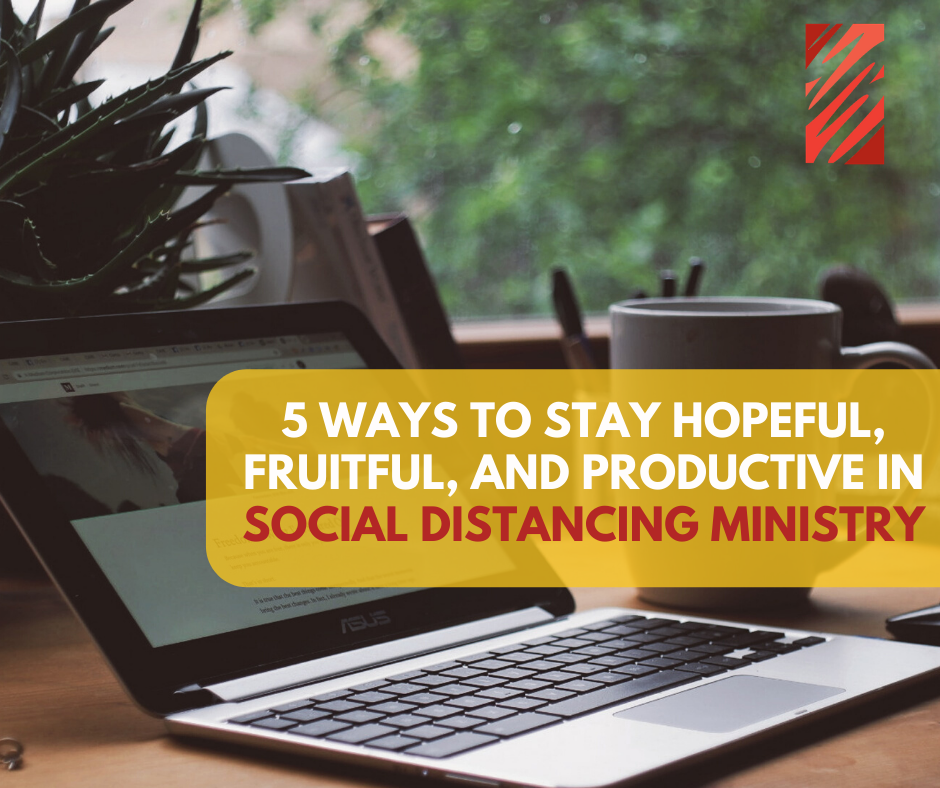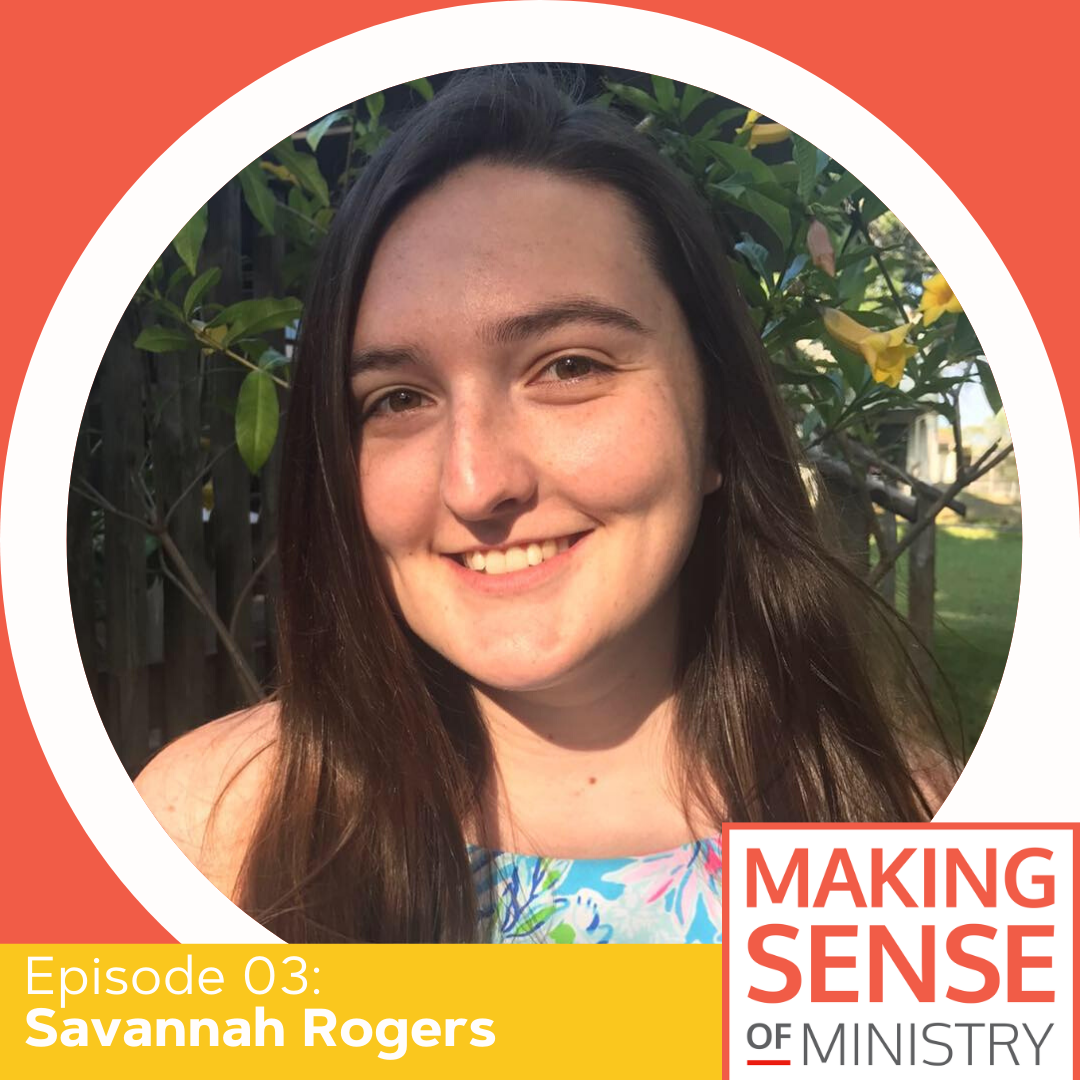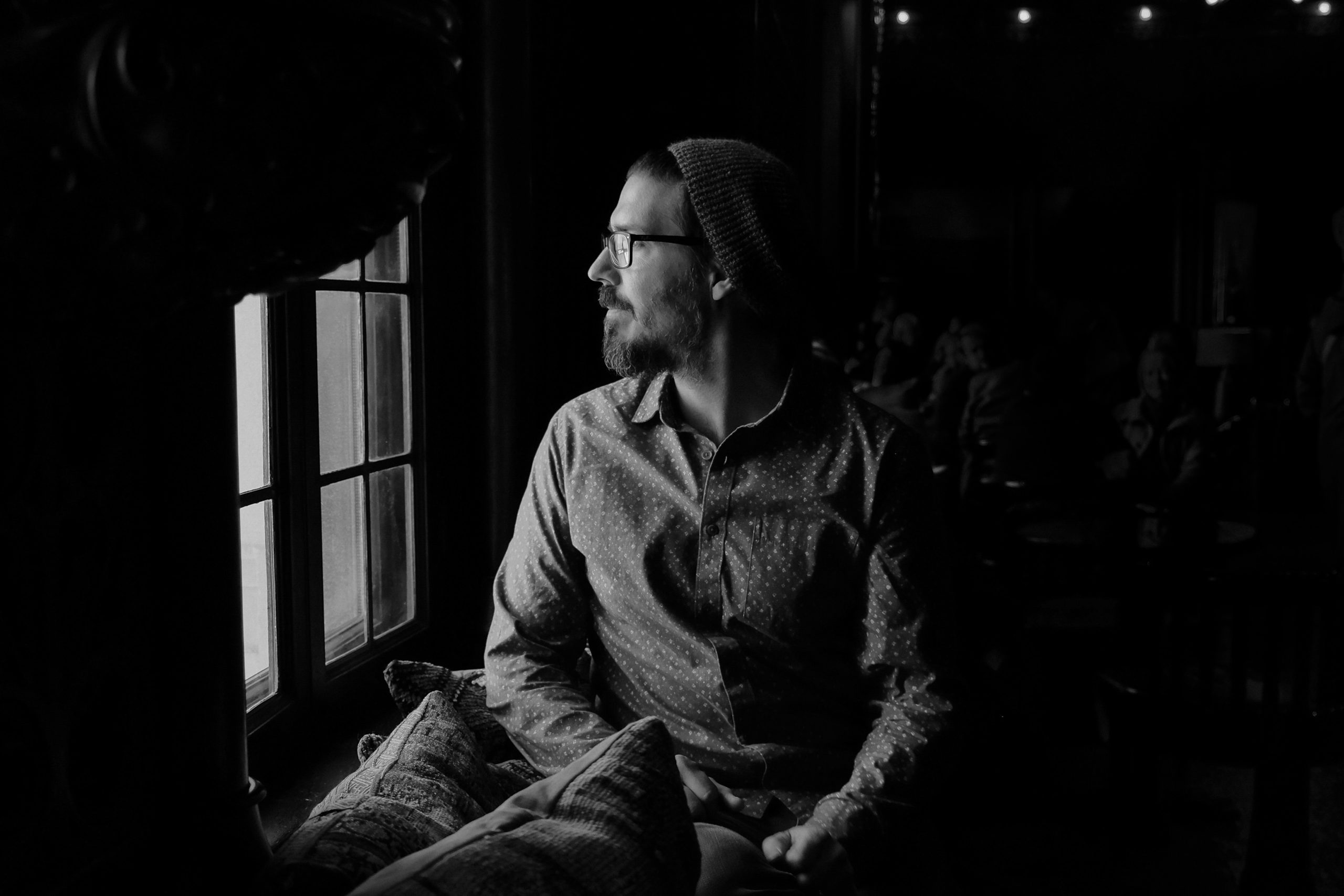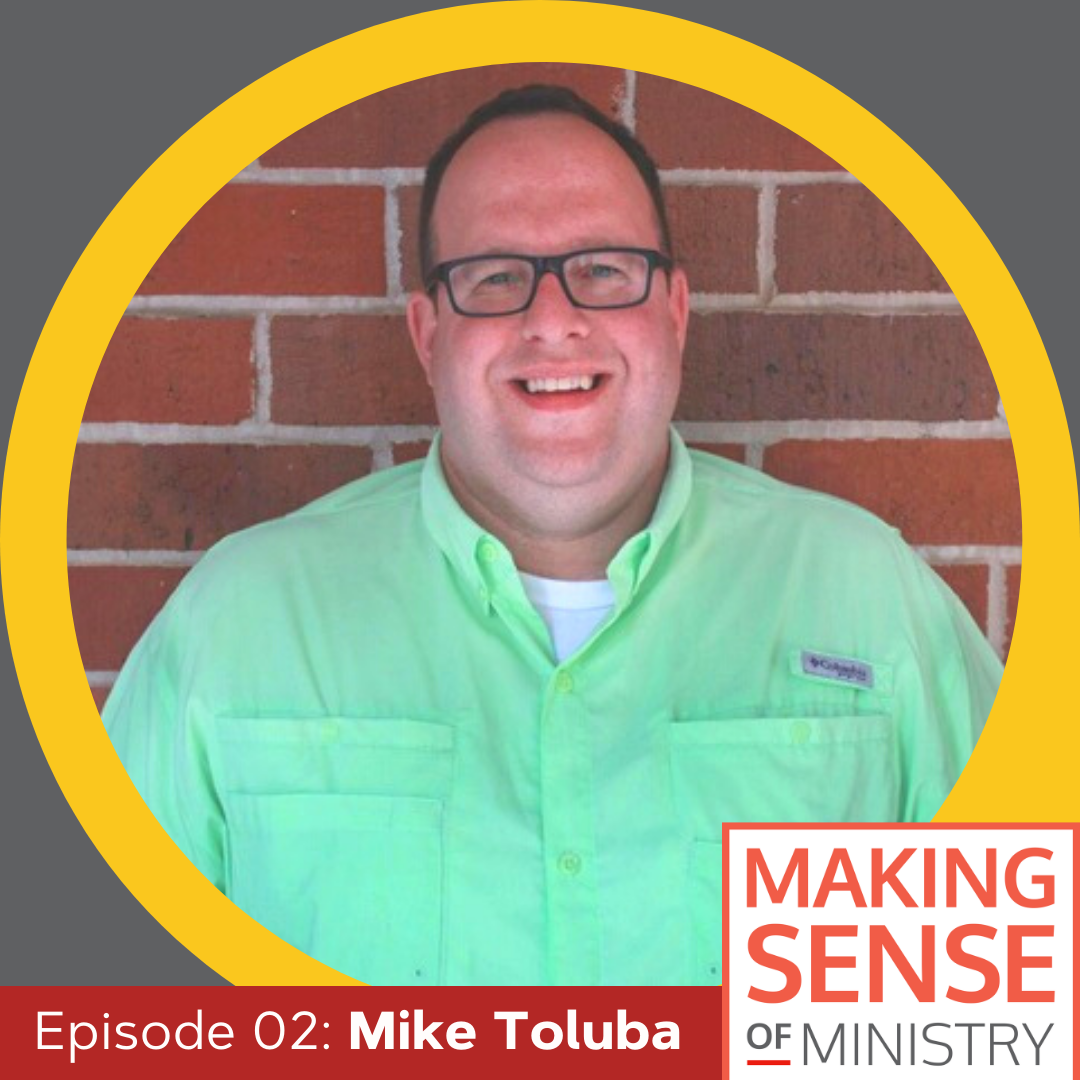It has been several weeks of creating ways to do ministry differently. I imagine by now you have problem-solved some of the challenges of the virtual video platforms and researched solutions. Many groups are experiencing 40% – 60% of their students engaging weekly through the platforms. You may be seeing the same thing and are […]
Author Archives: Brian Lawson
5 WAYS TO STAY HOPEFUL, FRUITFUL, AND PRODUCTIVE IN SOCIAL DISTANCING MINISTRY
Whether you are serving in youth ministry, children’s ministry, or family ministry, you are now doing ministry differently. The challenges are the same that we face, but each of us is experiencing this time a little differently. Some of us are excited about the opportunity to experiment. There are those of us who are overwhelmed […]
03: Savannah Rogers on Recruiting Adult Leaders and Tapping Into an Often Overlooked Resource
In this episode, Savannah Rogers discusses the often overlooked resource in our churches and how she has recruited adult leaders. She also shares the way that she cares for and trains her unique adult leaders. Join Our Community! Subscribed to our emails Join our Facebook Group Find the Youth Ministry Institute on Facebook, Instagram, Twitter, or Linkedin. Find Brian Lawson […]
7 Ways To Minister In Times Of Social Distancing
You are in social distancing, so should ministry stop? Absolutely not! Here are 7 ways to minister in times of social distancing. Share Joy The air is heavy, and people are feeling many emotions. Share joy with them during this time! Find videos, photos, memes, or other things that can bring laughter, […]
5 Ways to Hurt Your Ministry In Times of Social Distancing
It feels that the Covid-19 situation has rapidly escalated, leaving us in ministry unsure about our roles. To help you figure out what you should do, let’s look at what not to do. Here are 5 ways to hurt your ministry in times of social distancing. Pretend Nothing is Happening The worst mistake […]
02: Mike Toluba on Teaching Students Basic Life Skills, Mental Health in College, and the Role of Campus Ministry
In this episode, Mike Toluba discusses how our ministries can prepare students for college and the answer may just surprise you! We also discuss the mental health of college students and the role of campus ministry in relation to local congregations. Resources Mentioned: Youth Ministry Institute Online Courses Florida State University Wesley Foundation Join Our […]
Episode 01: Kirsten Knox on Understanding Gen Z, Empathy, and Small to Medium Size Church Youth Ministry
In this episode, Kirsten Knox discusses the traits of Generation Z and their greatest challenges. Kirsten shares why empathy may just be the key for Gen Z and why she believes that small to medium size churches may have an advantage in reaching students today. Resources Mentioned: “How To Speak Gen Z” video. Join Our […]
Stop Doing That
Sometimes it is good to stop doing that – by that, I mean what you have always done or what you know needs to go away. But first, I think you should ask an all-important question, “Why am I doing this?” After almost 19 years of youth ministry, I find myself asking this question more […]
3 Ways To Grow Your Children’s Ministry In 2020
A fresh new year. Blank pages on a calendar. This year, it’s even a fresh new decade! What better time is there for dreaming and visioning, both in our personal life and our ministry life? So for 2020, let’s dream about a few things to grow your children’s ministry! 3 Ways To Grow Your Children’s […]
3 Ways To Grow Your Youth Ministry in 2020
It is probably safe to assume that you would like to see your youth ministry grow. No matter who you are, I believe these 3 ways to grow your youth ministry will help. If you are new to youth ministry, you may not know where to begin. Do you buy the massive unicorn float at […]

